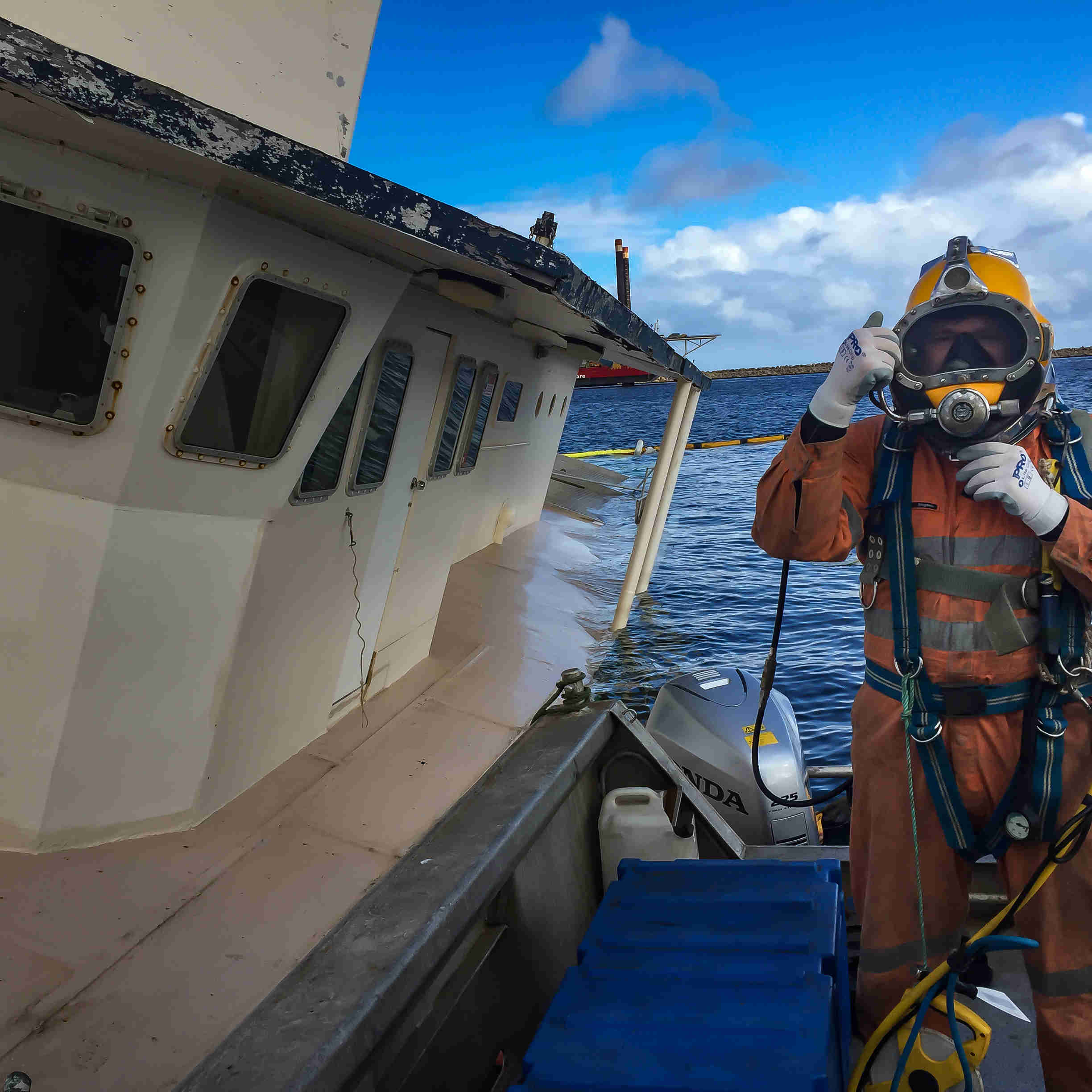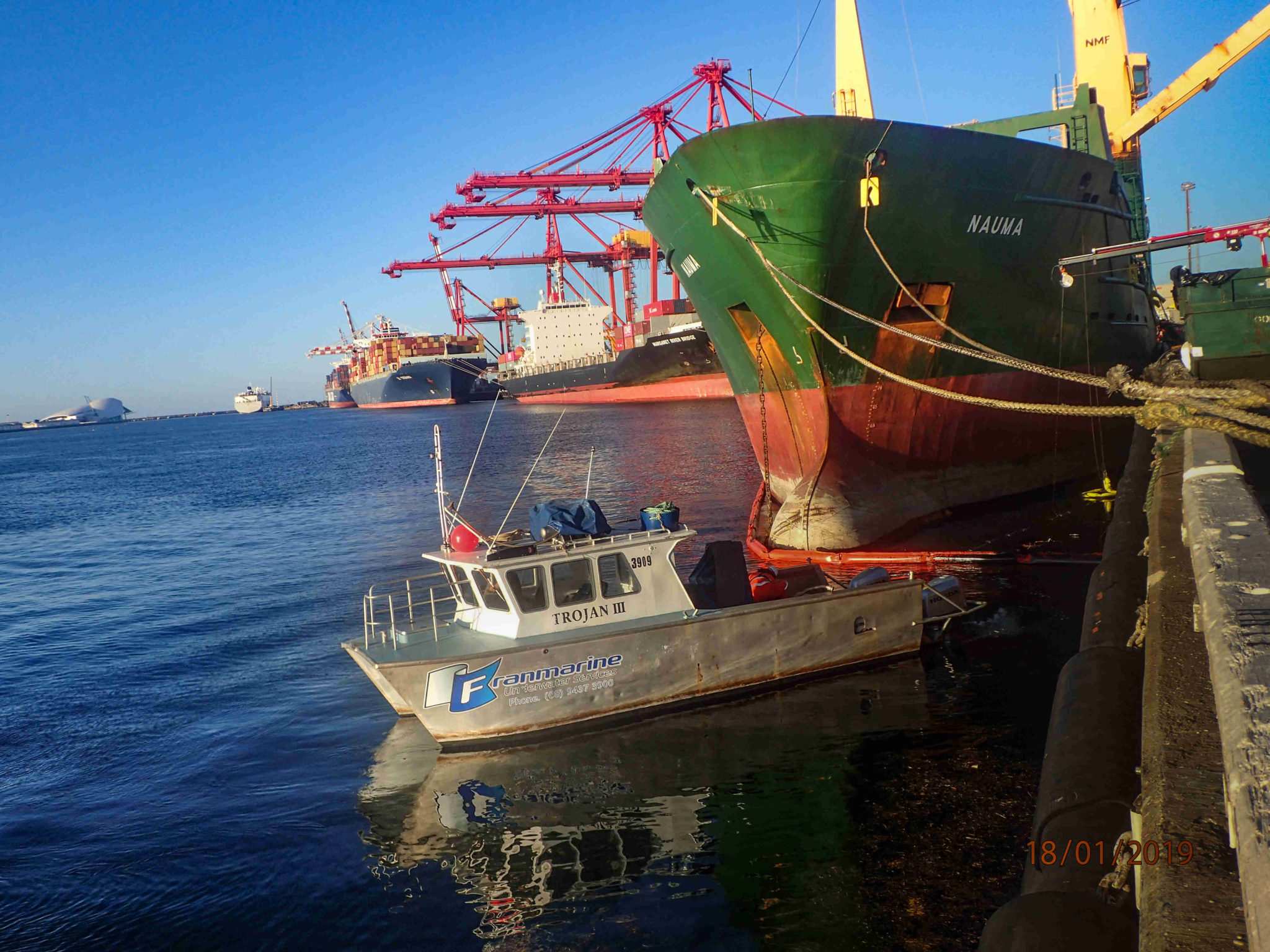Importance of Boat Salvage
Boat salvage, an integral process in the management of maritime activities, ensures waterways remain navigable and safe. The significance of boat salvage extends beyond merely removing sunken vessels from the water; it plays a pivotal role in protecting the marine environment and bolstering economic stability. This article explores the comprehensive importance of boat salvage, emphasizing its economic benefits, environmental impacts, and its role in enhancing maritime safety.

The Economic Importance of Boat Salvage
Boat salvage operations contribute significantly to the economy by mitigating potential losses from sunken vessels and ensuring continuous maritime activities. When a vessel goes down, it doesn't just affect the owner; it impacts the entire supply chain including transportation, commerce, and tourism. Efficient salvage operations allow for the rapid recovery and restoration of these vessels, minimizing economic losses and ensuring that business activities can resume with minimal disruption.
Moreover, the boat salvage industry itself creates numerous employment opportunities. From divers and engineers to legal experts and environmental consultants, the range of jobs supported by this sector is extensive. By investing in advanced salvage technologies and skilled professionals, the industry not only bolsters local economies but also enhances the resilience of global trade networks against marine accidents. For more insights and expertise in maritime salvage operations, visit Franmarine Underwater Services.
Environmental Impacts of Boat Salvage
A. Prevention of Water Pollution
One of the most commendable aspects of boat salvage is its role in preventing water pollution. Sunken vessels often carry oil, fuel, and other toxic substances which, if leaked, can lead to devastating environmental consequences. Salvage teams prioritize the containment and removal of these pollutants, using sophisticated techniques and equipment to ensure that the surrounding waters remain uncontaminated. This proactive approach in managing potential pollutants underscores the critical nature of prompt and efficient salvage operations.
B. Recovery of Hazardous Materials
The recovery of hazardous materials is a crucial component of the salvage process. Materials like asbestos, lead-based paints, and mercury, commonly found on older vessels, pose significant health risks to marine life and humans. Skilled salvage operations ensure that these materials are safely extracted and disposed of in accordance with environmental regulations. This not only helps in maintaining the ecological balance but also safeguards public health.
C. Impact on Marine Life and Ecosystems
Beyond the removal of hazardous substances, boat salvage operations are essential for protecting marine biodiversity. Sunken ships can physically damage marine habitats and, if left unchecked, turn into deadly traps for aquatic creatures. Efficient salvage missions play a pivotal role in restoring these habitats and allowing marine life to thrive. Furthermore, these operations help prevent ecological shifts that can lead to the decline of certain species within the ecosystem, maintaining the natural diversity of marine life.

The Role of Boat Salvage in Maritime Safety
A. Removal of Navigational Hazards
The removal of navigational hazards is a primary function of boat salvage, crucial for the safety of all watercraft navigating congested or narrow channels. Sunken vessels not only pose a risk for collisions but can also disrupt the normal flow of maritime traffic, leading to delays and further accidents. Salvage operations help ensure that these waterways are cleared swiftly, maintaining the safety and efficiency of maritime routes.
B. Prevention of Accidents and Collisions
By removing potential obstacles, boat salvage operations significantly reduce the risk of accidents and collisions at sea. This proactive measure protects not just the vessels and their cargo but also the lives of crew members and passengers. Regular inspections and quick response to sinking incidents are essential practices that maintain high safety standards in marine operations.
C. Contribution to Maritime Safety Practices and Standards
Boat salvage operations contribute to the development of maritime safety practices and standards. Lessons learned from each salvage mission provide valuable insights into the strengths and weaknesses of current maritime safety protocols, driving continuous improvement. This feedback loop not only enhances the effectiveness of salvage operations but also informs the regulatory framework that governs maritime activities, ensuring that they evolve to meet contemporary challenges.
Conclusion
The importance of boat salvage cannot be overstated. With its significant contributions to the economy, environmental protection, and maritime safety, boat salvage remains a cornerstone of marine operations. As we continue to expand our use of marine spaces, the demand for skilled salvage operations will only grow, underscoring the need for continuous investment in this vital industry.
In conclusion, understanding and supporting the critical role of boat salvage is essential for sustainable maritime industries and the preservation of our marine environments. As this field evolves, it will undoubtedly continue to influence the broader standards and practices of maritime activities around the world.
